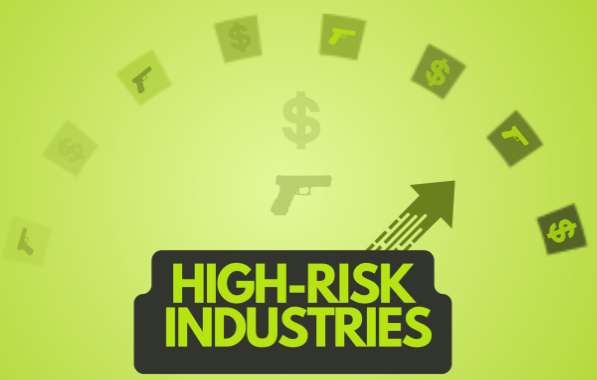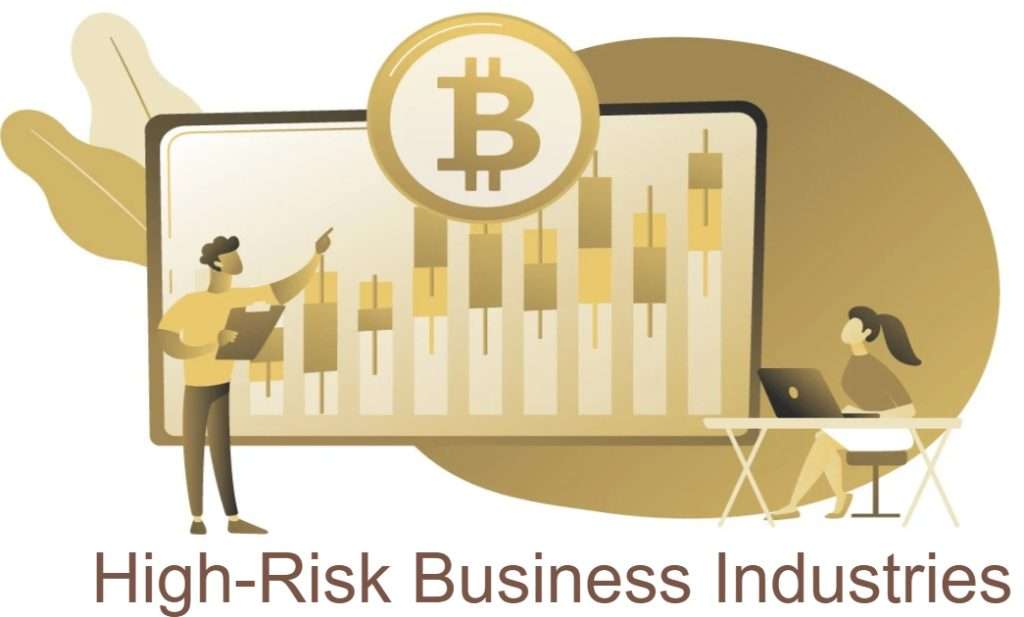AUTHOR : babli
DATE : 6/12/23
Payment Gateway Trends in 2024: Navigating the Future of Transactions for High-Risk Business Industries

In today’s digital economy, payment gateways have become the backbone of e-commerce, ensuring seamless transactions for businesses and consumers alike. However, for businesses operating in high-risk sectors[1], navigating the complex landscape of online payments can be especially challenging. This article explores the emerging trends in payment gateways, with a special focus on how these innovations are impacting high-risk business industries[2].
What Are Payment Gateways?
A payment gateway is a technology used by merchants to accept payments online. It authorizes credit card or direct payments, and securely processes them. Payment gateways play a critical role in facilitating digital commerce, allowing businesses to accept a wide range of payment methods, including credit and debit cards, bank transfers, and digital wallets.
For businesses in high-risk business industries[3], where fraud, chargebacks, and financial instability are more common, choosing the right payment gateway is crucial to ensure smooth and secure transactions.
High-Risk Business Industries: A Special Case
High-risk business industries are sectors that are prone to higher levels of fraud, chargebacks, and regulatory scrutiny. These industries typically face higher processing fees from payment service providers due to the increased risks involved. Some of the most prominent high-risk sectors include:
- Adult entertainment
- Online gambling and gaming
- Cryptocurrency exchanges
- Travel and ticketing services
- Telemarketing and subscription-based services
- E-commerce businesses selling high-ticket items or operating internationally
For businesses in these industries, selecting a payment gateway that can manage the complexities of their transactions is essential.
Key Payment Gateway Trends in High-Risk Business Industries
The landscape of payment gateways[4] is evolving rapidly, and several key trends are shaping the future of payment processing, especially for high-risk business industries.

1. Advanced Fraud Detection and Security
With fraud and chargebacks being significant concerns for high-risk business industries[5], payment gateways are increasingly adopting sophisticated fraud detection and security measures. The use of machine learning and AI for fraud prevention has become a major trend. These systems can detect patterns of fraudulent activity and flag suspicious transactions in real-time, reducing the risk of financial loss.
2. Alternative Payment Methods
As consumers become more tech-savvy, the demand for diverse payment methods is growing. In high-risk business industries, offering alternative payment options such as cryptocurrencies, digital wallets (like PayPal, Apple Pay, and Google Pay), and even buy-now-pay-later (BNPL) services has become increasingly important. These alternatives not only cater to a broader range of customers but also provide an additional layer of security and anonymity, which is especially appealing in high-risk sectors like cryptocurrency exchanges and online gambling.
3. Cross-Border Payment Solutions
Globalization has led to a rise in international transactions, and businesses in high-risk industries often have customers spread across different regions. Traditional payment gateways can struggle with the complexities of cross-border payments, such as currency conversion, international fees, and regulatory compliance. In response, new payment gateways are increasingly offering robust cross-border solutions, enabling businesses to manage global transactions more easily.
4. Subscription and Recurring Billing Models
Many businesses in high-risk industries, such as telemarketing, SaaS, and adult content platforms, rely heavily on subscription-based models. Payment gateways have adapted to this need by offering advanced recurring billing solutions. These systems allow businesses to securely store customer payment information and automate the process of charging customers on a regular basis, which is crucial for maintaining cash flow.
5. Compliance with Regulatory Standards
As governments around the world impose stricter regulations on payment processing, especially for industries that deal with sensitive data or operate in a high-risk environment, payment gateways are evolving to ensure compliance. Regulations such as the General Data Protection Regulation (GDPR) in Europe, and the Payment Card Industry Data Security Standard (PCI DSS), are shaping the way payment gateways store and process transaction data. In particular, payment gateways serving high-risk business industries must ensure that they adhere to these evolving legal frameworks.
6. Real-Time Payments and Instant Fund Settlement
Another growing trend in payment gateways is the shift towards real-time payments. As customers demand faster and more efficient transactions, payment gateways are increasingly adopting instant payment technologies. Instant payment settlement can help businesses mitigate the risk of chargebacks and fraud, as it allows for quicker resolution of disputes and faster access to funds.
7. AI and Machine Learning for Enhanced User Experience
AI and machine learning are playing a significant role in improving the customer experience for businesses in high-risk business industries. These technologies are being used to optimize the payment process, offer personalized payment options, and streamline checkout procedures.
For example, AI-powered chatbots can assist customers during the payment process, answering questions and helping resolve issues instantly. Additionally, machine learning algorithms can help predict customer behavior, providing valuable insights that businesses can use to tailor their payment offerings and enhance customer satisfaction.
Conclusion
As payment technology continues to evolve, businesses in high-risk business industries must stay ahead of the curve to ensure smooth, secure, and compliant transactions. The latest trends in payment gateways, such as enhanced fraud prevention, alternative payment methods, cross-border solutions, and AI-driven customer experiences, are revolutionizing how these businesses process payments. By understanding and embracing these trends, businesses can not only reduce risks but also enhance their customer experience and drive growth in an increasingly competitive digital landscape.
FAQs
1. Why are payment gateways important for high-risk industries?
Payment gateways are essential for high-risk business industries because they provide the infrastructure to securely process transactions, reduce the risk of fraud, and ensure compliance with industry regulations.
2. How do payment gateways reduce fraud in high-risk industries?
Payment gateways use advanced fraud prevention tools, such as machine learning algorithms and AI-driven analytics, to detect suspicious activities and prevent fraudulent transactions.
3. Can payment gateways handle international transactions for high-risk businesses?
Yes, many modern payment gateways offer robust cross-border payment solutions that allow businesses to handle international transactions.
4. What payment methods are best for high-risk industries?
For businesses in high-risk industries, alternative payment methods like cryptocurrencies, digital wallets, and BNPL services are popular due to their added layer of security and anonymity.
5. Are payment gateways more expensive for high-risk industries?
Yes, payment gateways typically charge higher fees for high-risk business industries due to the increased risk of fraud, chargebacks, and regulatory scrutiny.





